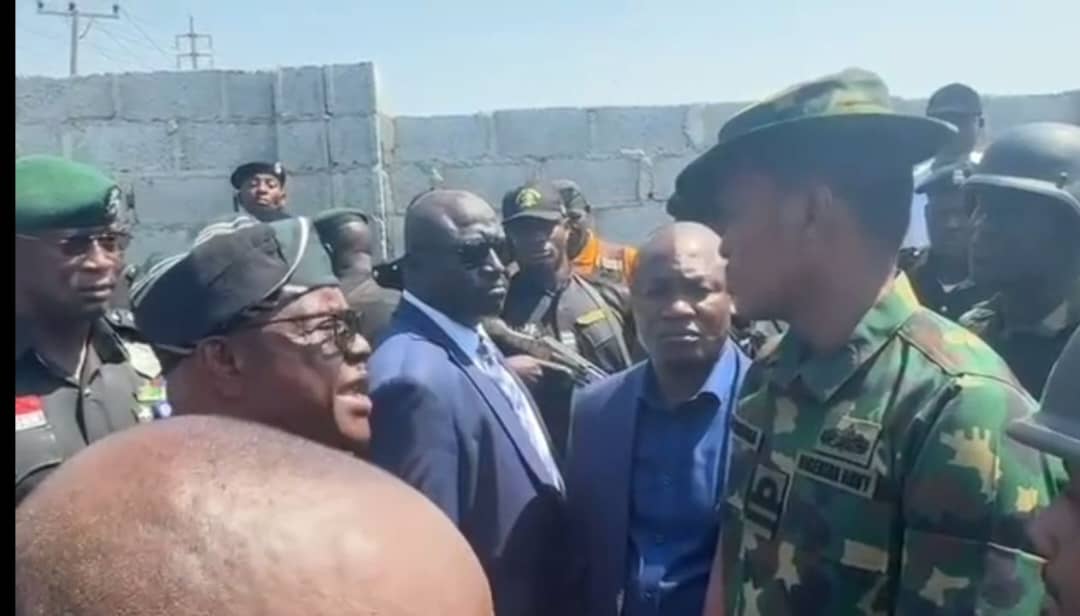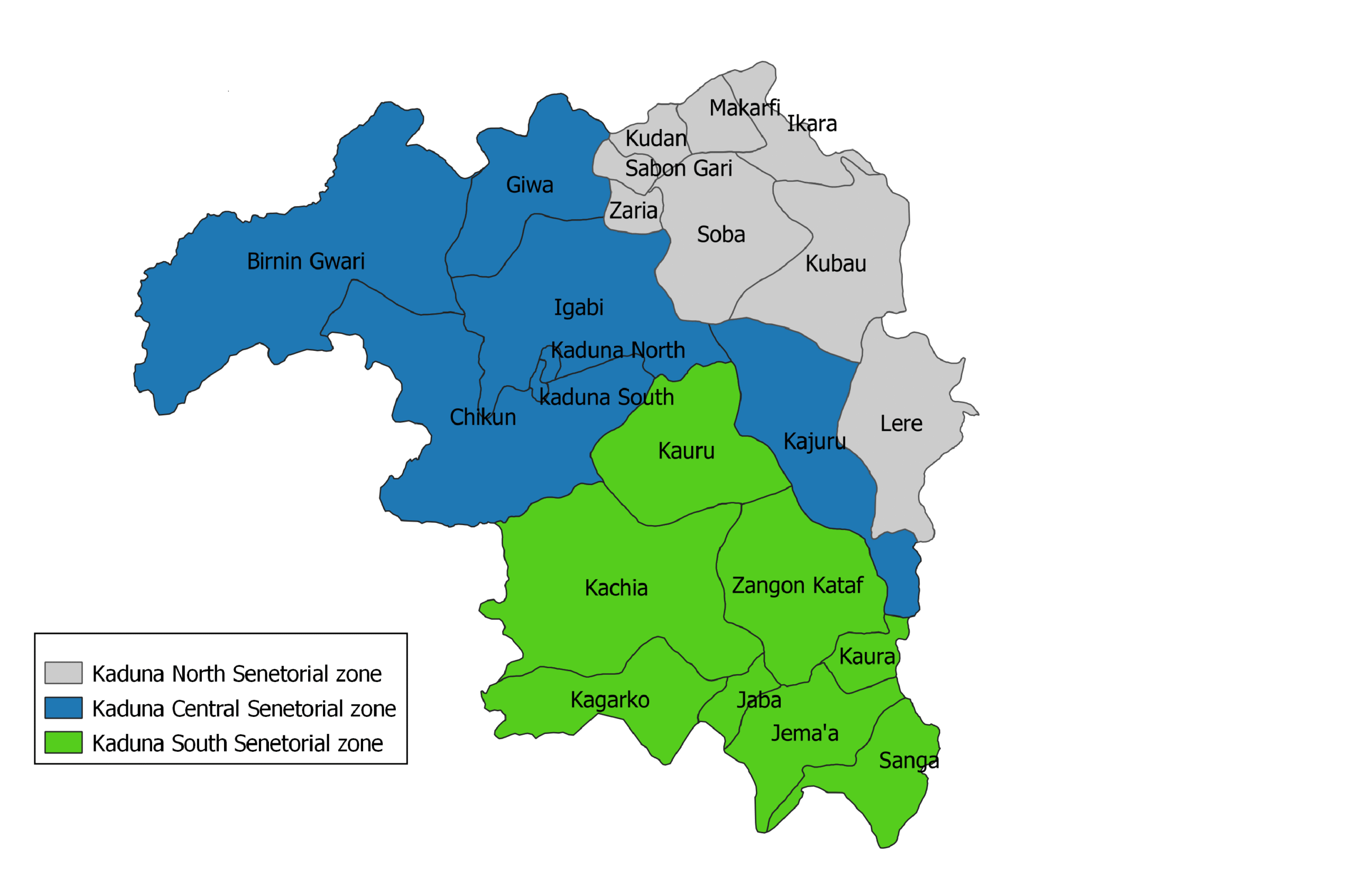A tense encounter between the Minister of the Federal Capital Territory (FCT), Nyesom Wike, and a young naval officer, Ahmed Yerima, on a disputed plot in Abuja has reignited debate over power, process, and the rule of law in Nigeria’s capital.
The clash occurred on November 11, 2025, when Wike led a Federal Capital Territory Administration (FCTA) team to Plot 1946 in Gaduwa District, which he alleged was being developed illegally. Upon arrival, they were blocked by armed soldiers reportedly protecting the site linked to a former Chief of Naval Staff.
The confrontation, captured on video, saw Wike accuse the officers of intimidation and lawlessness, while Officer Yerima insisted he acted on lawful orders and that the property was legitimately acquired.
At the heart of the controversy lies a bigger issue—the separation of civil authority from military influence. Under Nigerian law, a minister oversees policy and ensures due process through appropriate agencies, not by direct enforcement at disputed sites. Land matters require documented titles, verification, and, where necessary, court orders—not on-the-spot confrontations.
Similarly, the military’s role does not extend to land enforcement. Serving officers cannot act as private guards on civil property, even for retired generals. A retired officer, no matter how senior, cannot lawfully deploy or “borrow” serving personnel to safeguard personal property. Such actions breach both military discipline and civilian governance boundaries.
This episode underscores Nigeria’s persistent struggle with institutional overlap and abuse of influence. The rule of law—not rank, gun, or title—should determine who owns land and how disputes are settled. Ministers must act through due process, officers must obey lawful civilian authority, and no retired general should wield shadow power over state institutions.
Ultimately, the Wike–Yerima standoff is more than a viral moment; it’s a mirror reflecting the fragile balance between authority and accountability in Nigeria’s democracy.





